DHAKA, July 04 (V7N) – Ashik Chowdhury, the executive chairman of the Bangladesh Investment Development Authority (BIDA), today presented the final recommendations of the National Semiconductor Task Force to Chief Adviser Professor Muhammad Yunus. This marks a significant step in Bangladesh's ambition to establish itself as a player in the global semiconductor industry.
Chowdhury stated that the task force, formed on January 1, 2025, comprised a diverse representation from the government, private sector, academia, and Non-Resident Bangladeshis (NRBs). Its core objectives were to assess Bangladesh's existing capabilities, identify potential opportunities, and formulate strategic policies for short, medium, and long-term development within the semiconductor sector.
"We have recommended prioritising the chip design as well as testing and packaging sectors by assessing Bangladesh's capacity to compete in various phases of the semiconductor industry," Chowdhury added. This strategic focus acknowledges the capital-intensive nature of chip fabrication and aims to build expertise in less capital-intensive but crucial segments of the value chain first.
A total of 23 strategic recommendations have been categorized into three key areas: Skill Development, Business Environment and Policy Support, and Global Partnership.
Moving forward, the Office of the Chief Adviser will establish a dedicated executive committee composed of relevant stakeholders to oversee the implementation of these initiatives. This committee will be instrumental in translating the recommendations into actionable plans.
As international organizations actively work to diversify global supply chains, these strategic steps are expected to position Bangladesh as an emerging, investment-friendly hub in the semiconductor sector. Chowdhury expressed optimism that future governments would continue to actively support these efforts, fostering sustained growth and innovation in the industry.
Among the short-term (2025-26) recommendations, the task force proposed:
Launching a virtual knowledge portal with tiered certification programs aligned with global standards.
Establishing industry-standard training labs in at least five public or private institutions by 2027.
Creating shared, accessible, and vendor-neutral cleanrooms for early-stage chip packaging and testing.
Introducing rotation-based on-site training programs for engineers to build practical expertise.
Implementing targeted, time-bound import facilitation and tax interventions.
Creating a dedicated "Semiconductor Fund" under the ICT Division or Bangladesh Bank to provide venture capital support or term-financing to new initiatives.
Long-term recommendations highlighted leveraging NRBs for both investment and training, and forging strategic government-to-government (G2G) partnerships for knowledge transfer and technical cooperation. This comprehensive roadmap aims to provide Bangladesh with a clear and feasible path to join the global chip design and testing landscape, with the ultimate goal of transforming Bangladesh into a technology-driven economy.
END/MSS/RH/



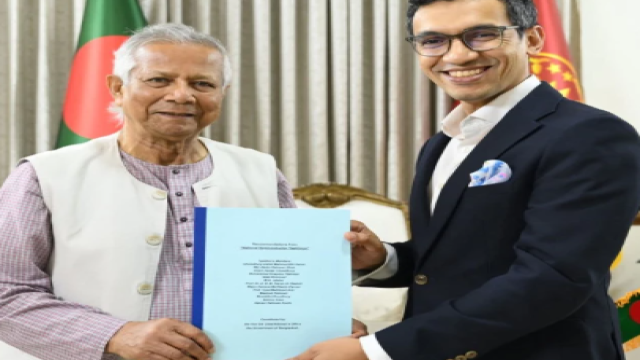

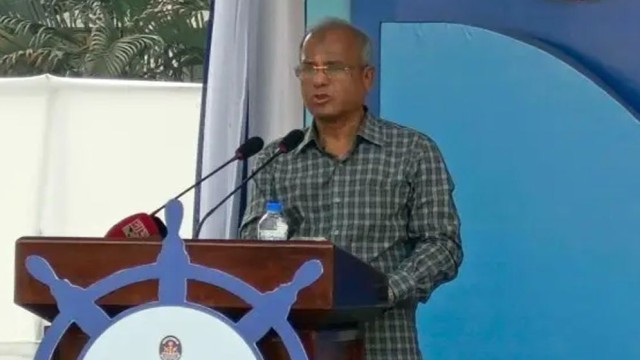


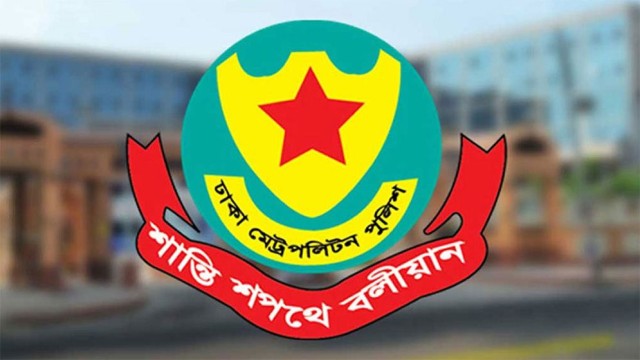
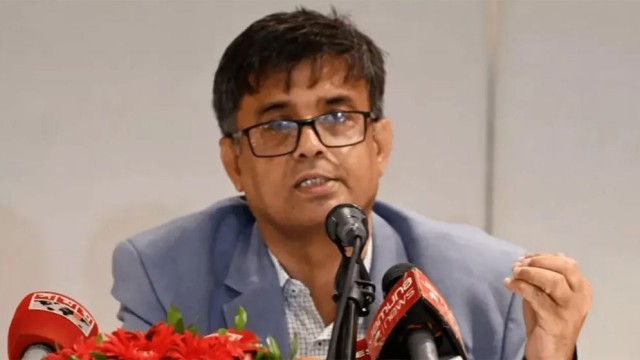


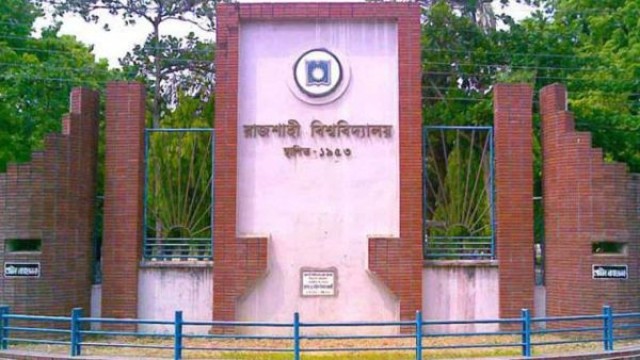
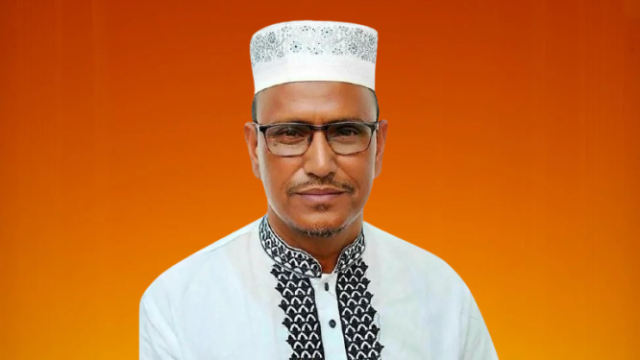
















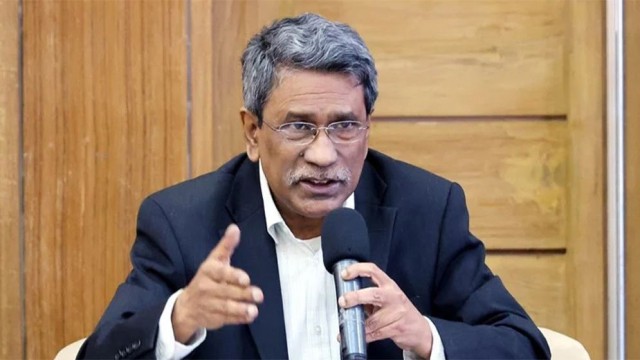
Comment: